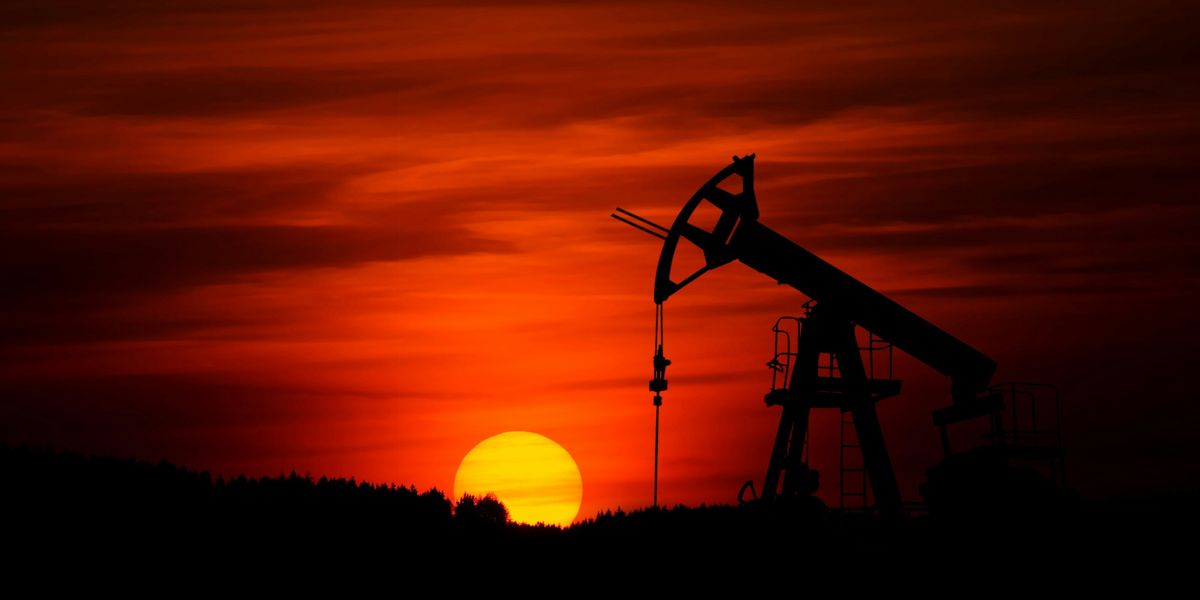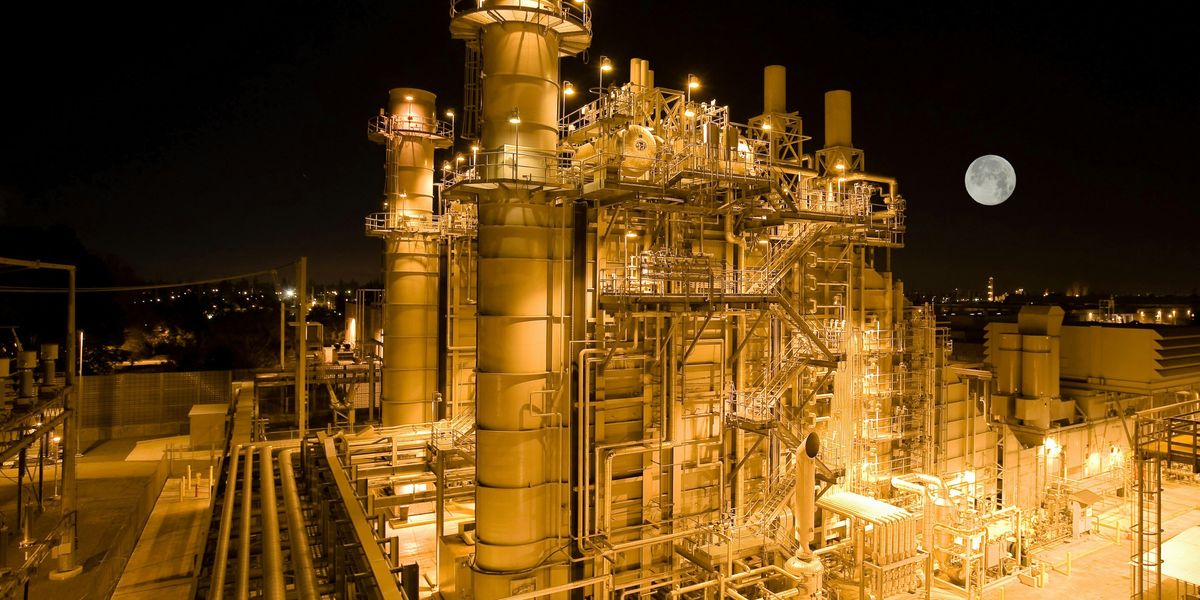wind turbine
Wind turbine failure raises concerns over offshore energy
A broken wind turbine blade in Massachusetts has triggered safety and cost concerns in the U.S. offshore wind industry, which is already struggling with delays and rising expenses.
In short:
- A 300-foot-long wind turbine blade failed at Vineyard Wind 1, delaying the $4 billion offshore project.
- The failure has added to existing challenges such as cost overruns, safety concerns, and supply chain issues, slowing offshore wind development.
- GE Vernova, the turbine's manufacturer, cited a manufacturing error, and other recent failures raise questions about quality and oversight in the offshore wind industry.
Key quote:
"All these small boats could be subject to damage. Everyone wants this green legacy, but at the cost of what?"
— Peter Kaizer, fisherman
Why this matters:
Offshore wind energy is key to meeting climate goals, but failures like this one increase costs and slow progress. These challenges, combined with opposition from fishing communities, may delay the transition to clean energy along the East Coast.
Read more: New England turns to offshore wind for cleaner energy
Energy industry mishaps show differing community responses
Recent accidents in Louisiana and New England highlight contrasting community and regulatory reactions to mishaps in the oil and wind energy sectors.
In short:
- A 34,000-gallon oil spill in Louisiana's Bayou Lafourche from Crescent Midstream Crude Oil Facility resulted in significant environmental damage, affecting local water supplies and wildlife.
- In contrast, a wind turbine failure in Massachusetts sparked outrage among affluent property owners despite causing no harm to people or the environment, leading to swift regulatory action.
- Critics argue these incidents reflect an uneven scrutiny level between oil and renewable energy sectors, with oil accidents often receiving less attention.
Key quote:
“Oil and gas industry failures tend to be pretty mundane, but anytime something goes wrong with renewable energy, people just become incensed.”
— Jackson Voss, Alliance for Affordable Energy
Why this matters:
These incidents highlight disparities in how communities perceive and respond to oil and renewable energy accidents, affecting public opinion and regulatory focus. The differing reactions also suggest a need for consistent standards and scrutiny across all energy sectors to ensure fair treatment and environmental safety.
Related EHN coverage:
Chemists have found a new way to recycle wind turbine blades
Recycling wind turbine blades when they reach the end of their lives is paramount if wind power is to be sustainable. Turbine blades however, are made of materials that cannot currently be recycled.
The 260-foot-long Eco Edison will house U.S. wind turbine technicians
Will war make Europe’s switch to clean energy even harder?
Flower power: How one company is beautifying the wind turbine
Tulips and flowers could help harness the power of the wind, after a green energy company came up with its own spin on wind power in an "eco-art" design.
Accidental bird deaths no longer prosecuted under Migratory Bird Treaty Act
Changes to the implementation of the Migratory Bird Treaty Act take away the threat of penalties, at a time when bird numbers are plummeting.



















